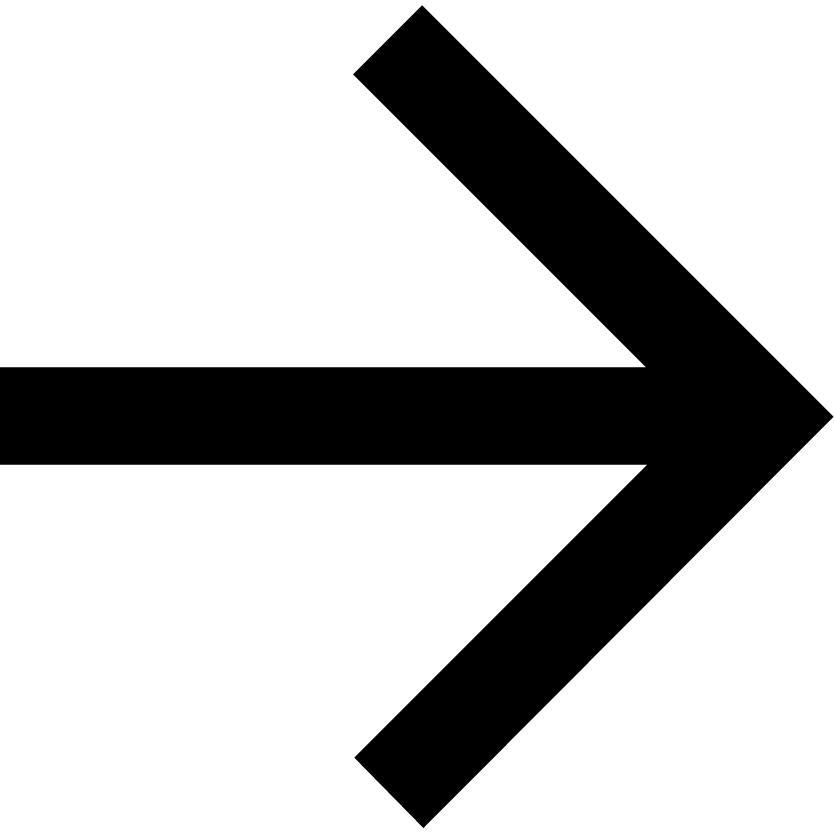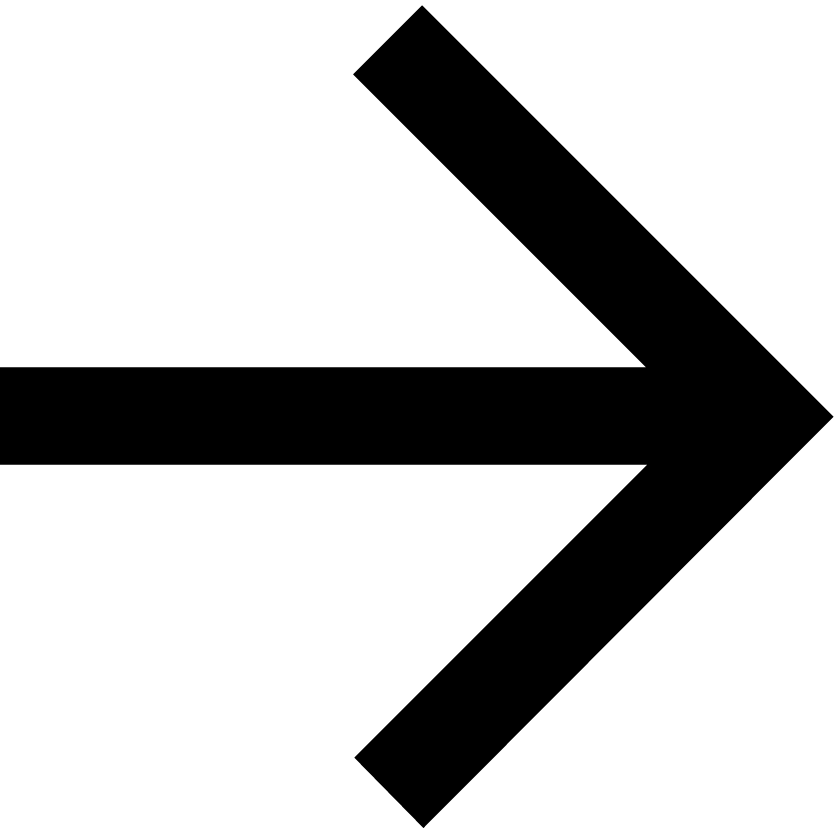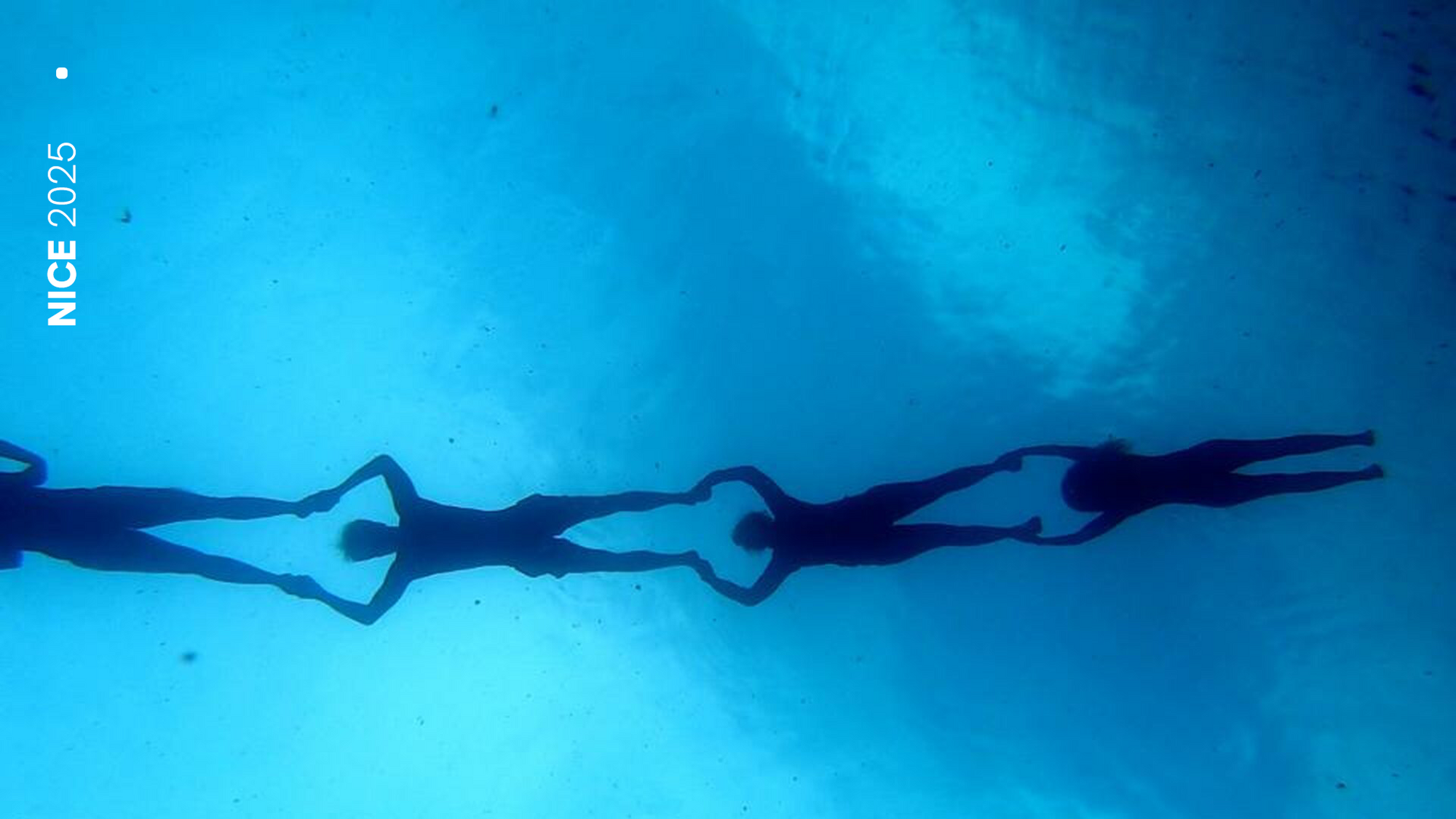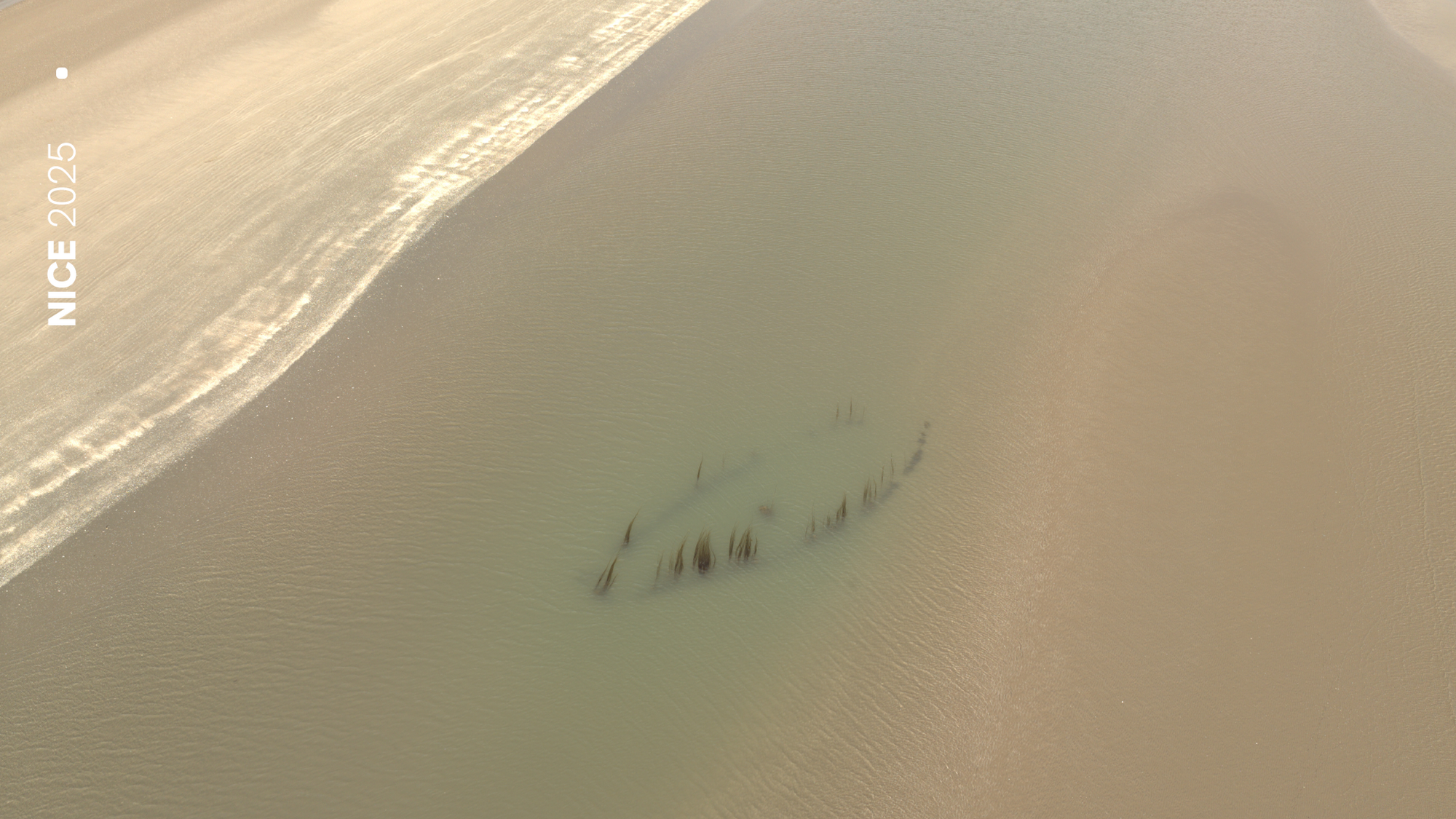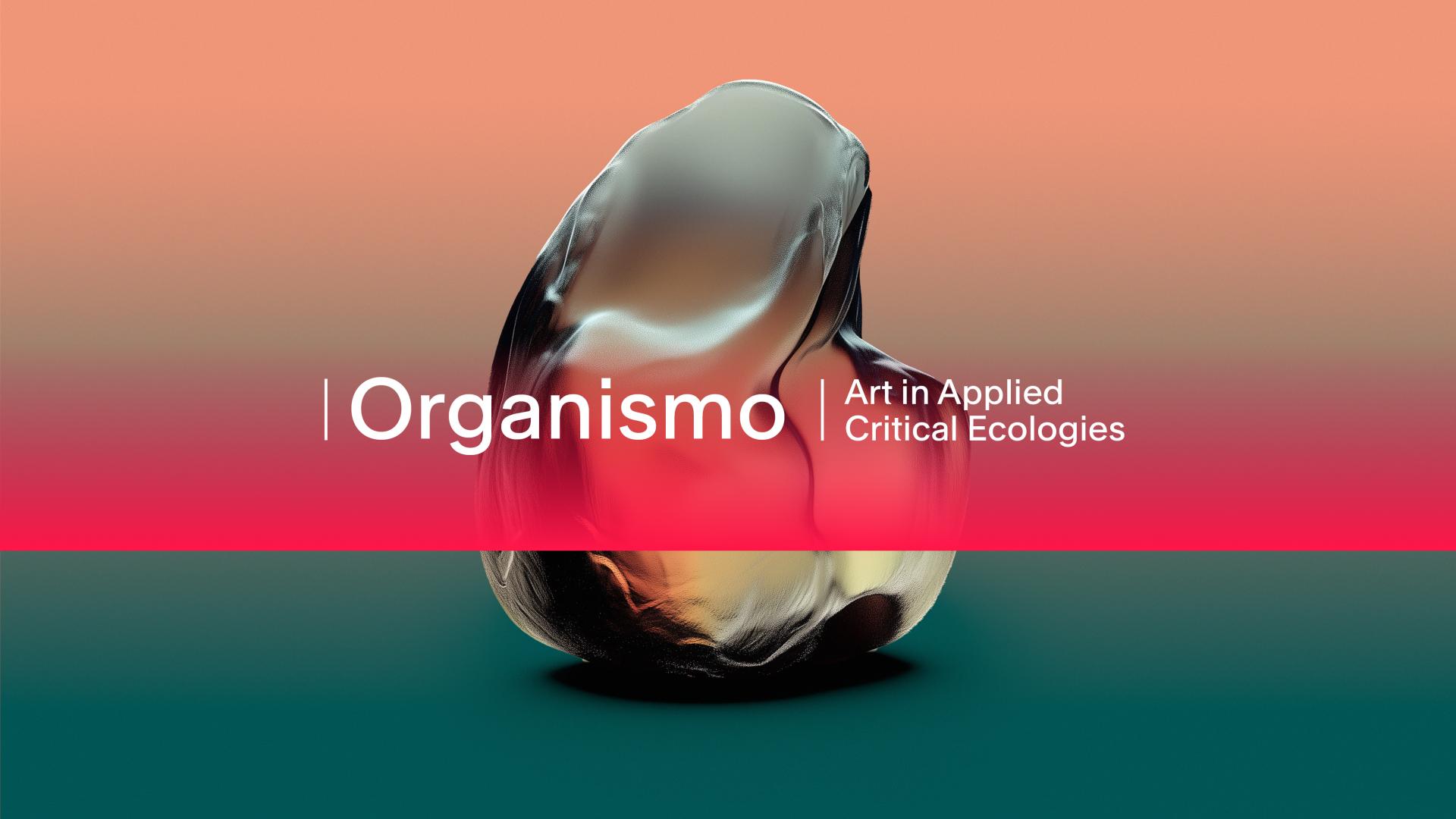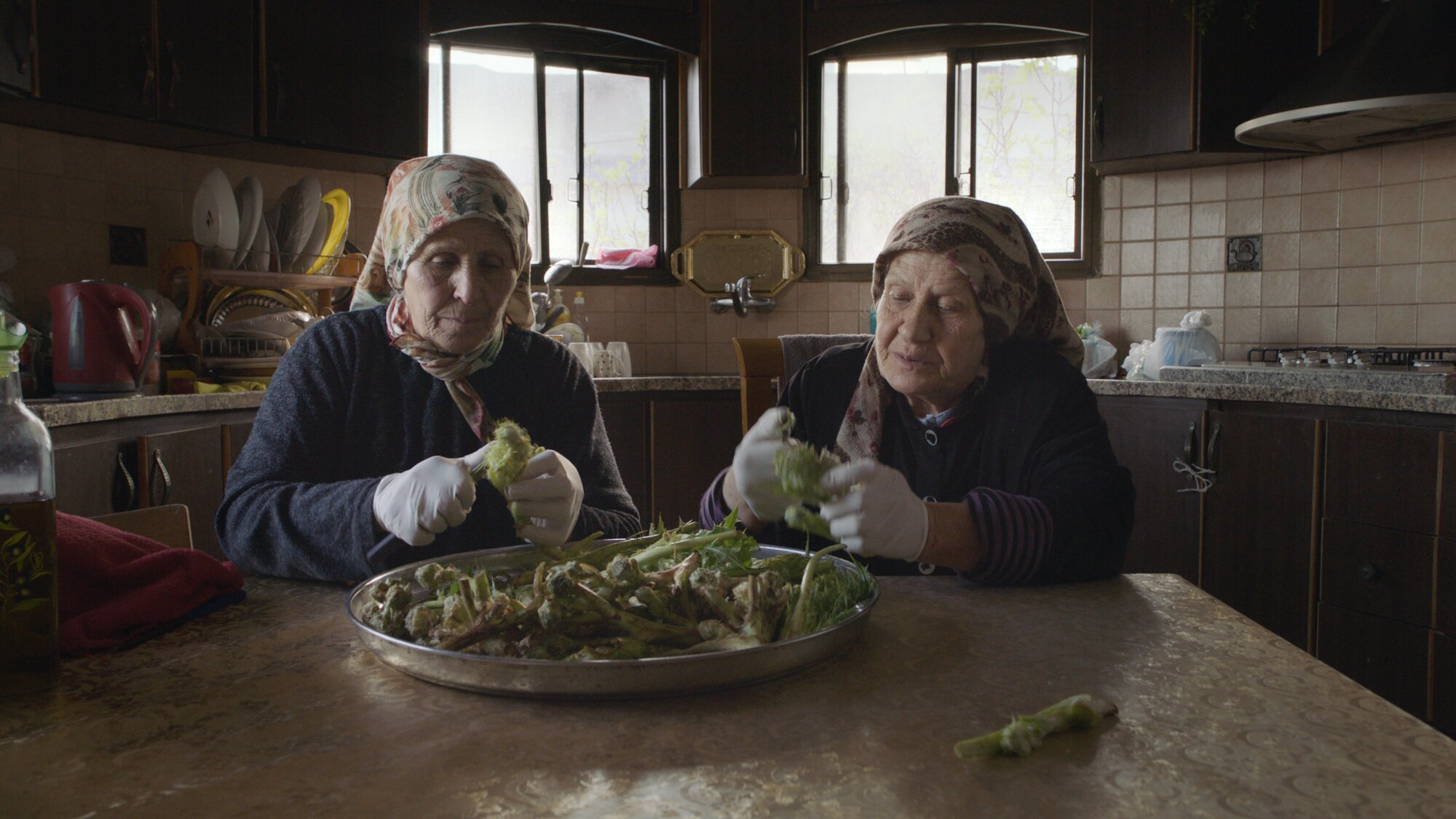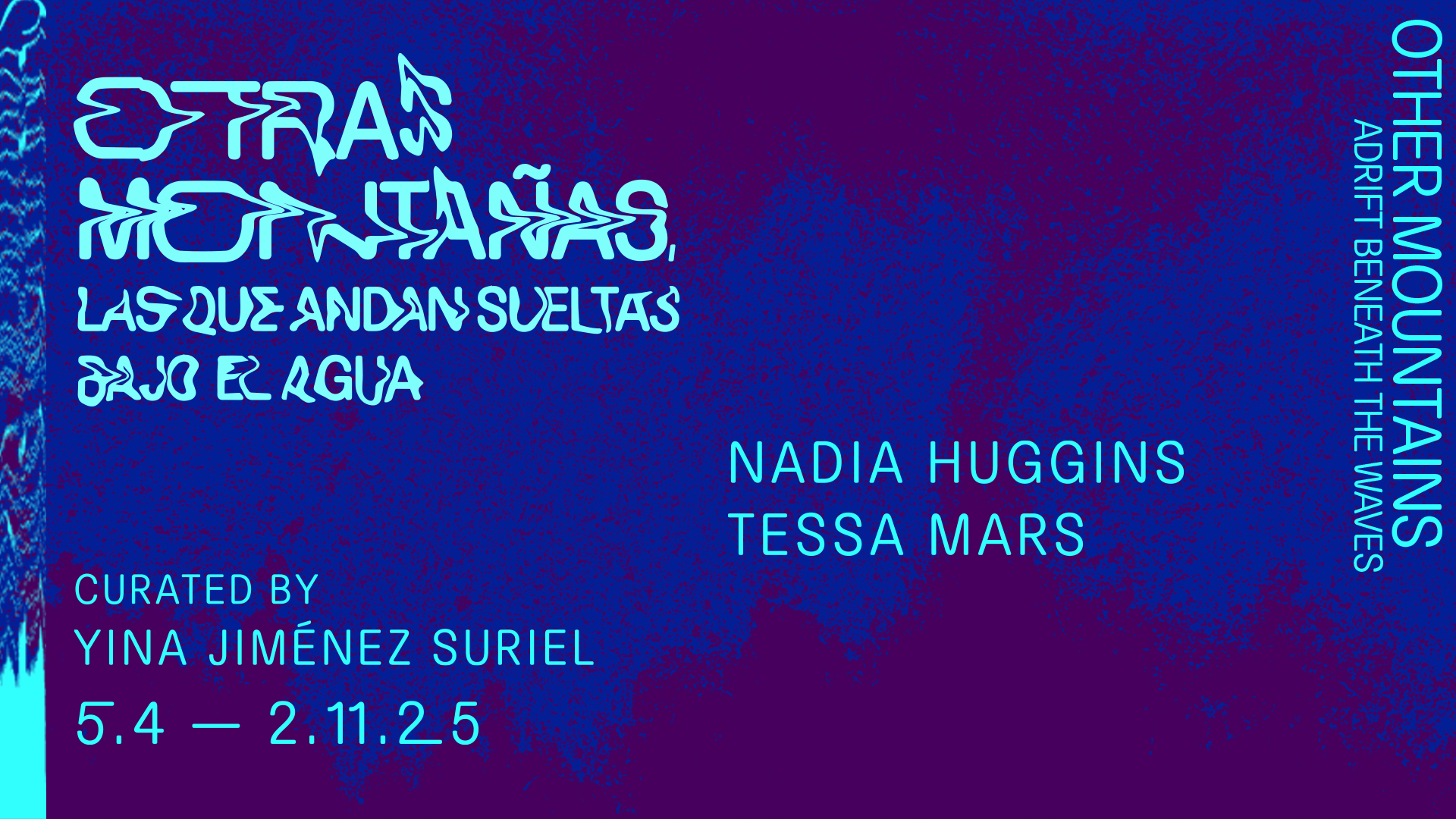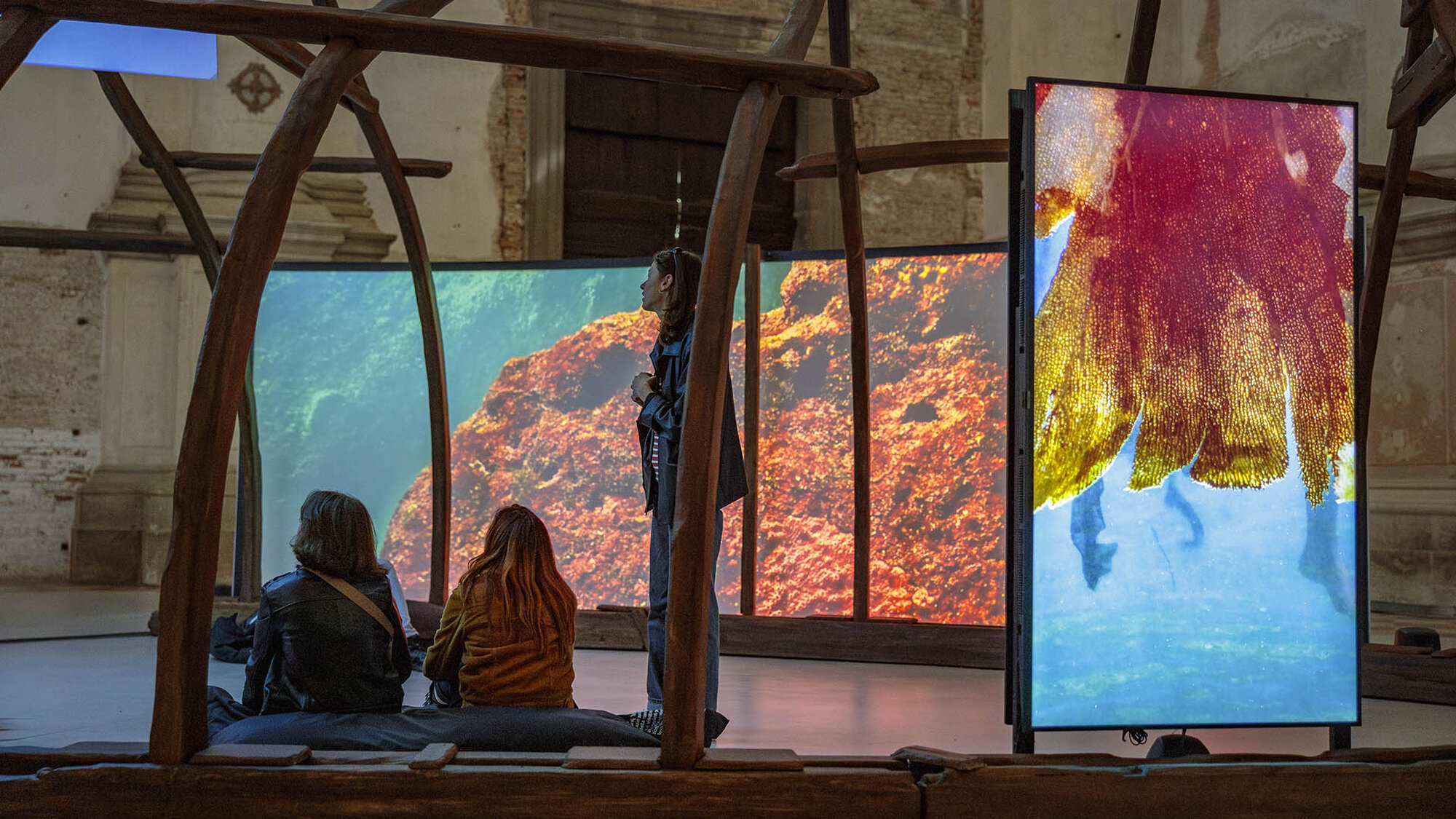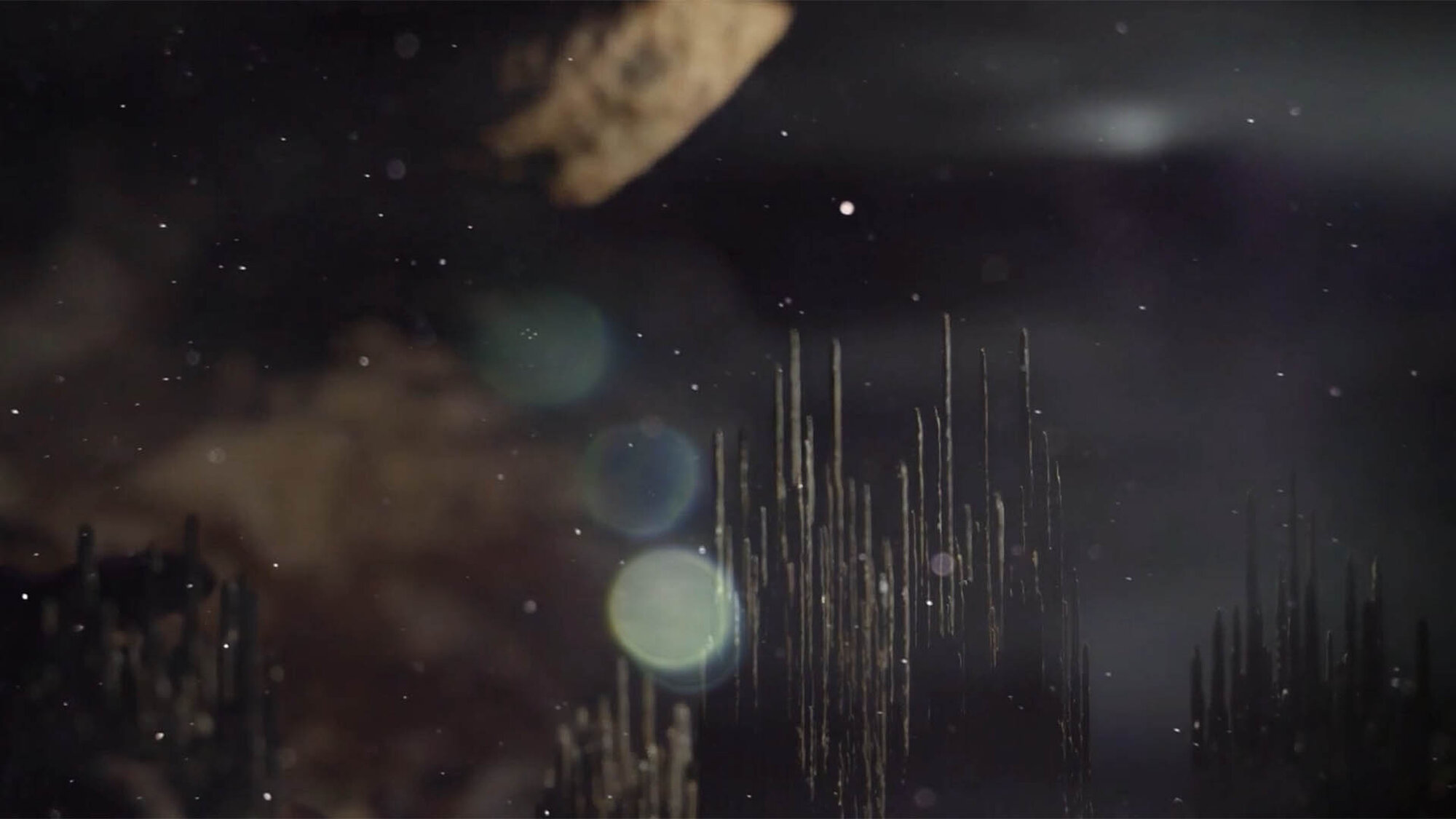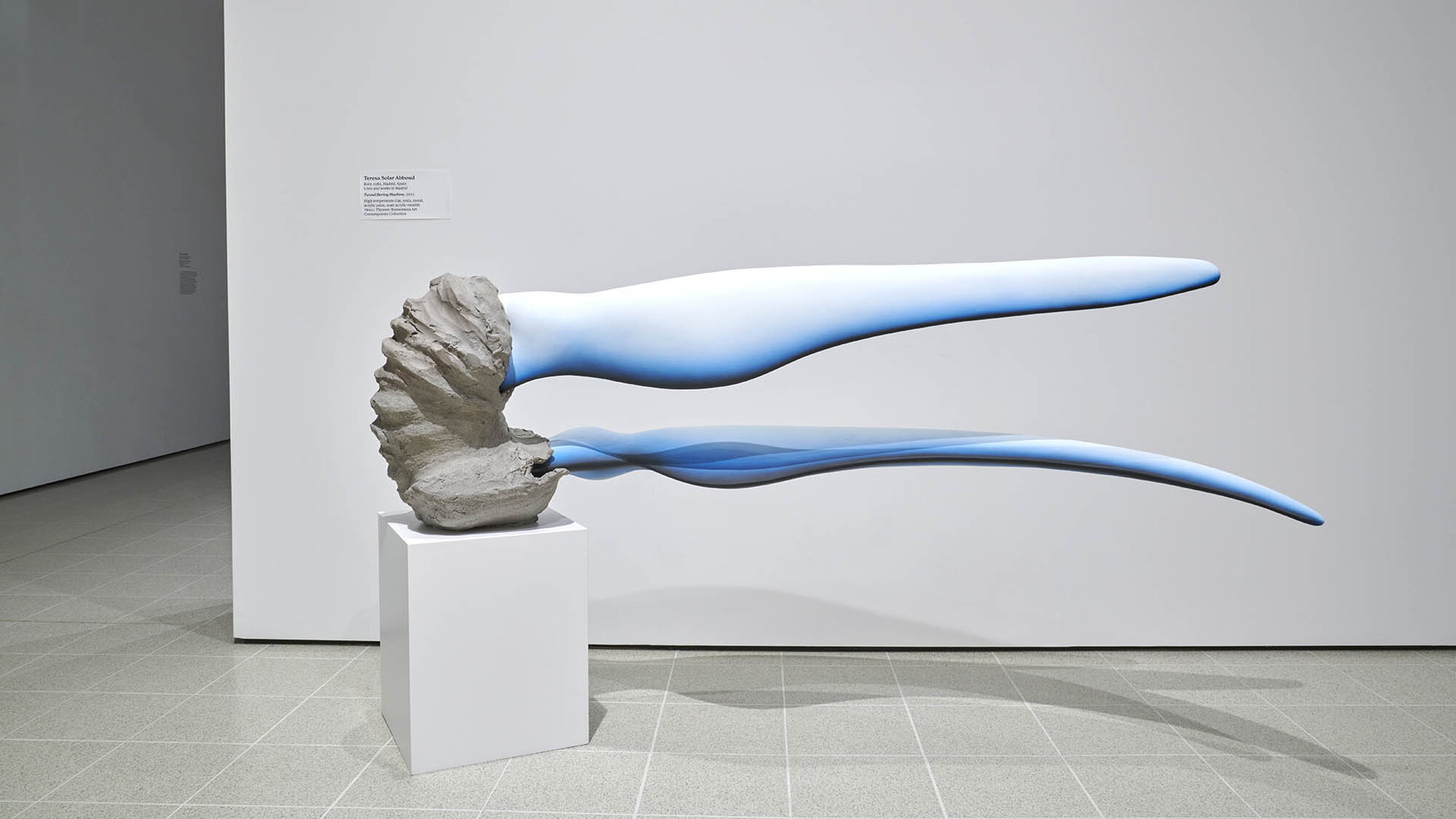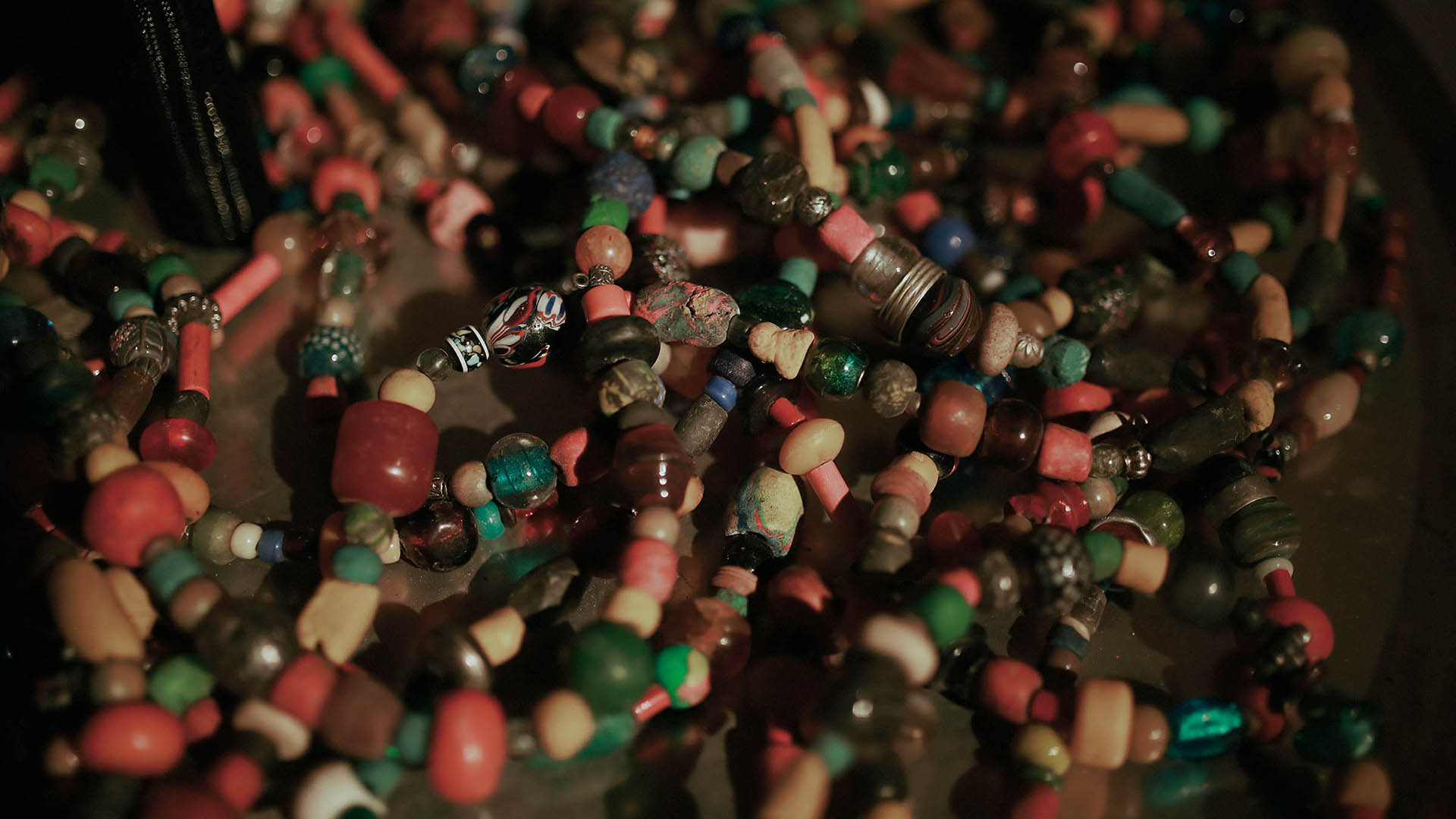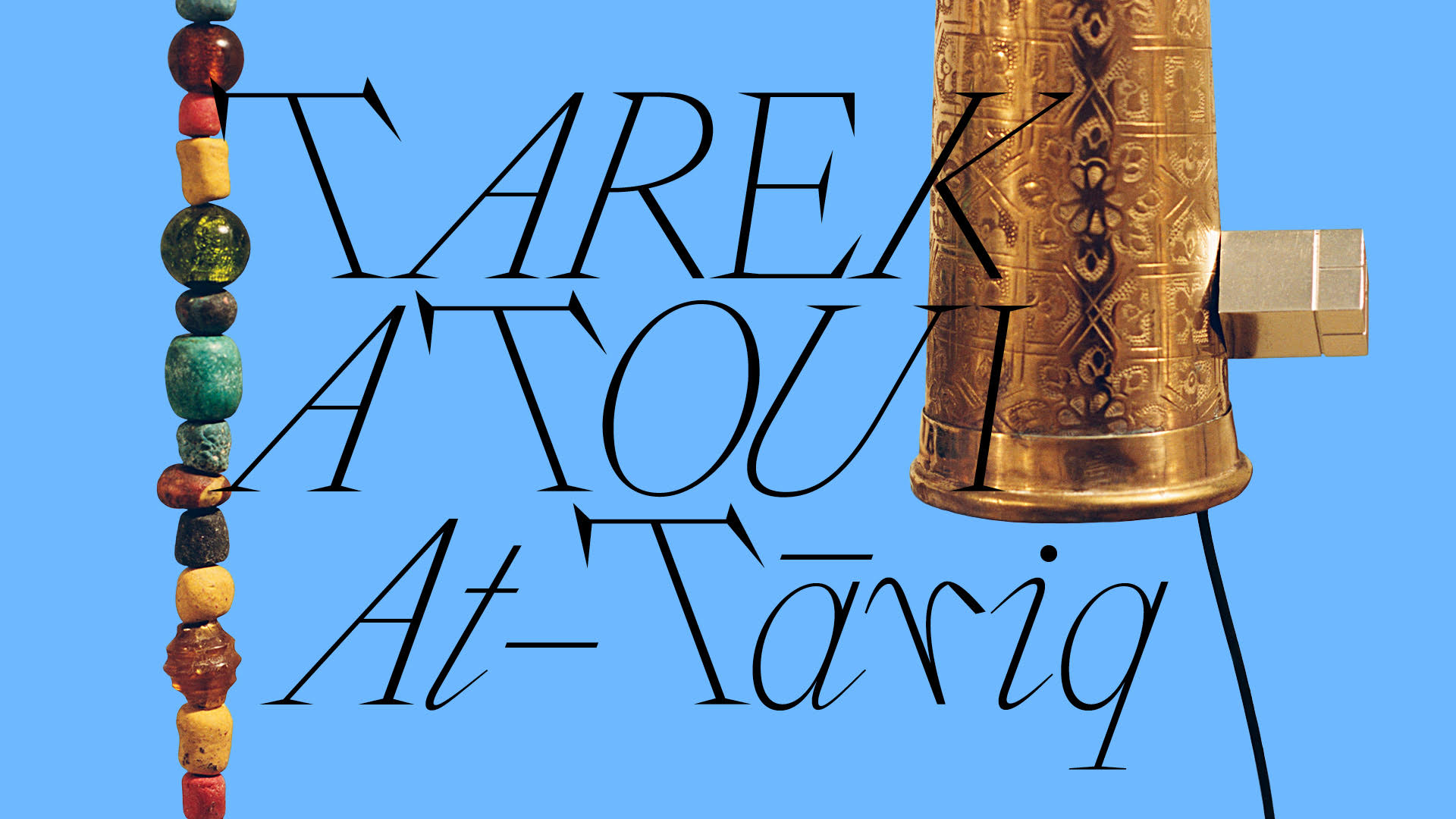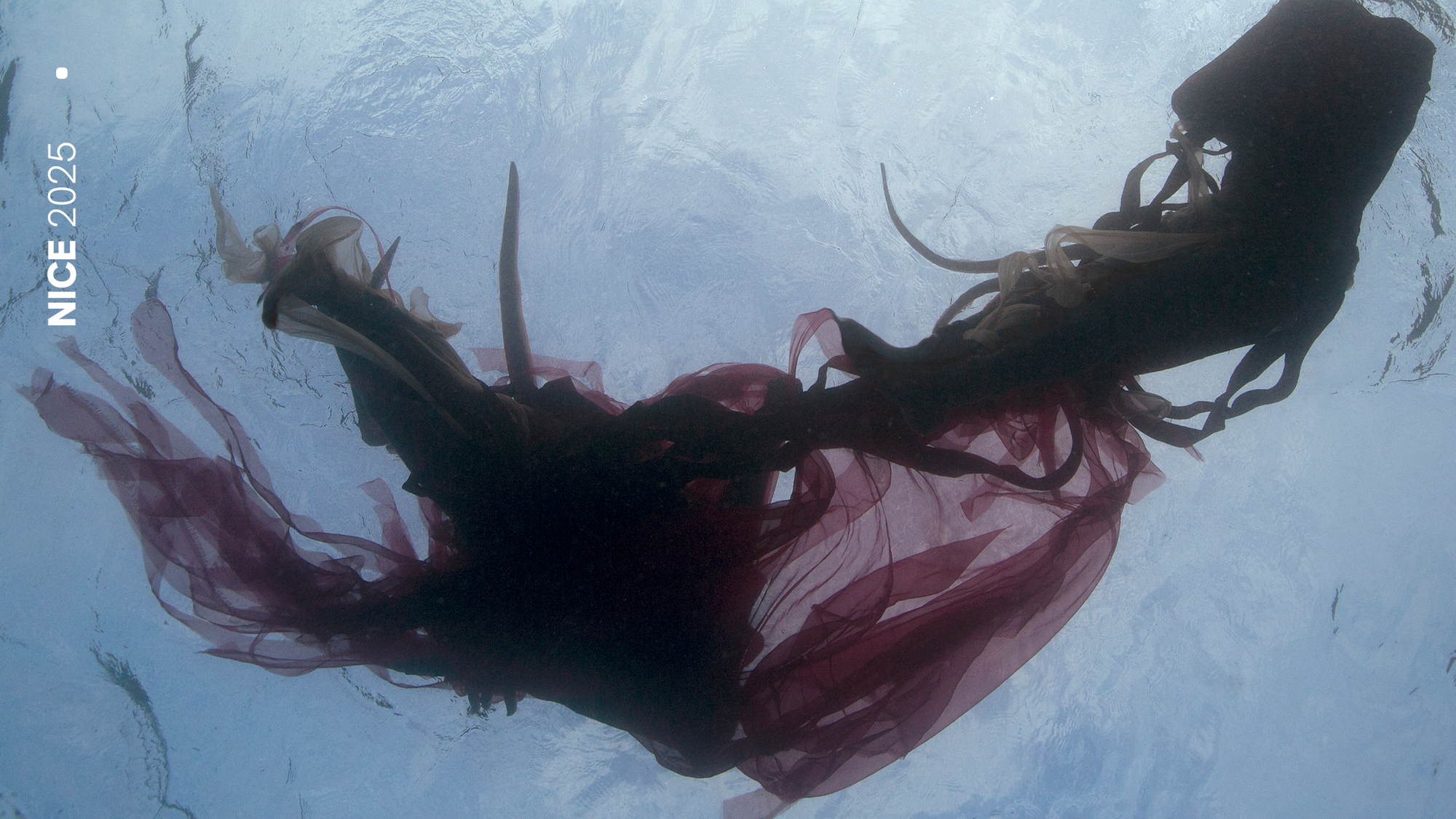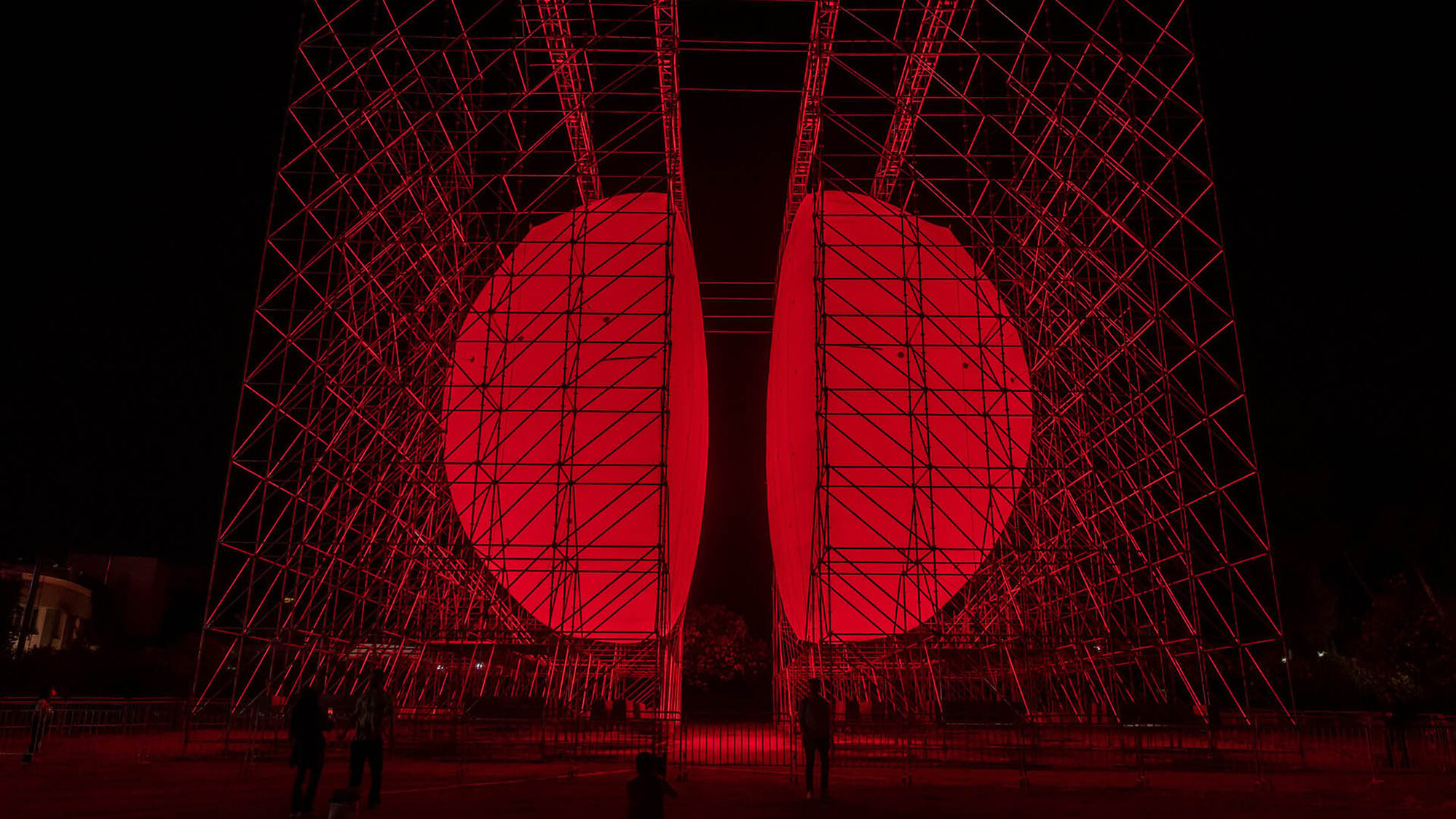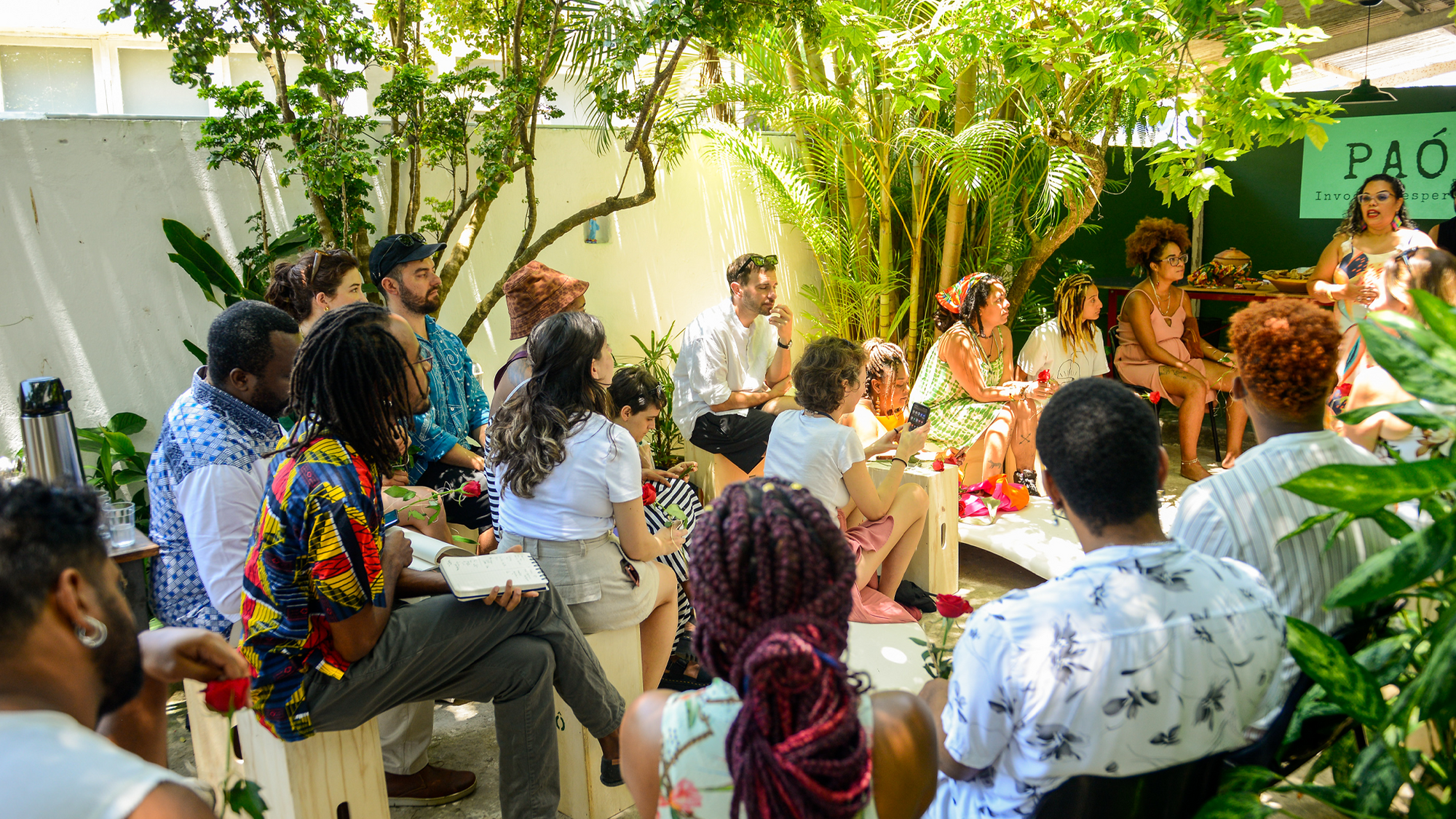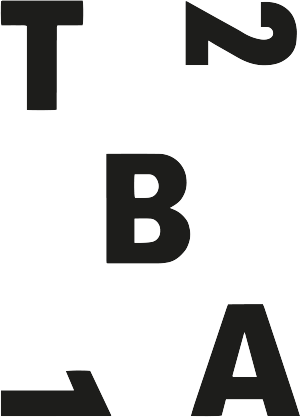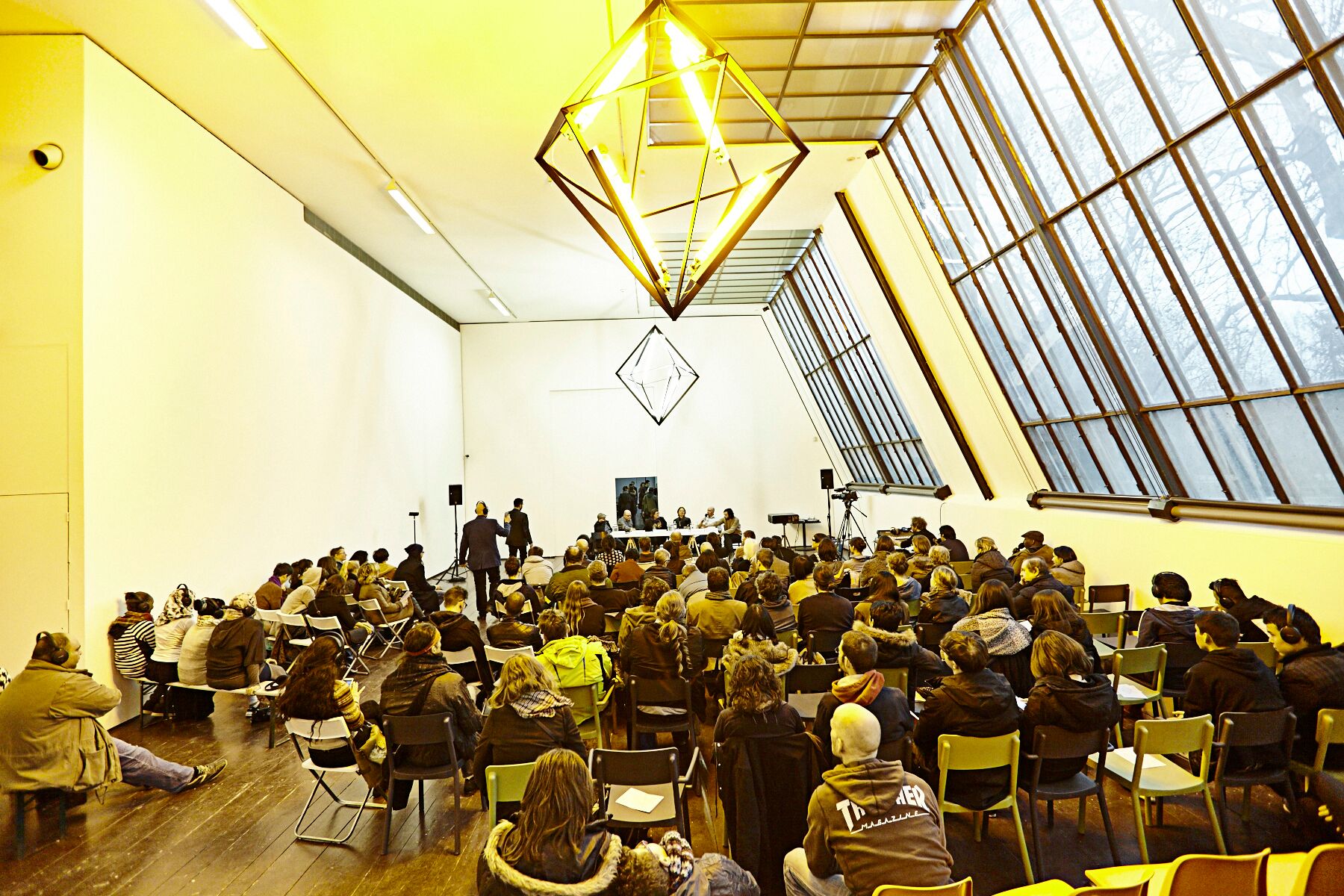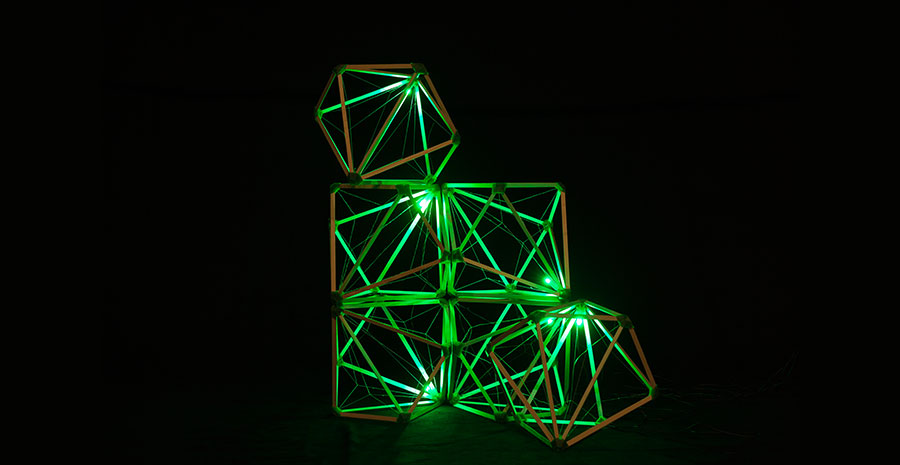Internationale und lokale Vortragende erforschen mit verschiedenen Hintergründen und Fachkenntnissen in der künstlerischen und institutionellen Praxis oder kritischen Theorie sozio- und geopolitische, sowie kulturelle Aspekte der Migration. Schlüsselfragen sind die Zustände des Übergangs, global und innerhalb der ankommenden Gesellschaften, die Bildung neuer Gemeinden und wie die Kunst und ihre Institutionen, wie etwa das Green light Projekt, im Bezug auf diese Herausforderungen der heutigen Zeit reflektieren und handlungsfähig agieren können.
Mit Mária Hlavajová, Mary Kreutzer & Leila Hadj Abdou, Ahmet Ögüt, Shuddhabrata Sengupta / Raqs Media Collective
Shuddhabrata Sengupta
Dienstag, 15. März 2016Einführung in Raqs Methodik:
How to Think with Agility in a Turbulent World (Wie man in einer turbulenten Welt mit Beweglichkeit denkt)
Dieser Abend mit Shuddhabrata Sengupta greift Anregungen aus dem Workshop mit den Green light TeilnehmerInnen auf und bietet einen Einblick in die Methodologien von Raqs Media Collective: wie sich mit Agilität in einer zunehmend turbulenten Welt denken lässt – eine Kontextualisierung ihrer Arbeiten, die eine Vielfalt von künstlerischen Formaten mit Fokus auf Möglichkeiten der Handlung und Kollektivität.
Raqs Media Collective wurde 1992 von Jeebesh Bagchi, Monica Narula und Shuddhabrata Sengupta in Neu-Delhi gegründet und nimmt gerne eine Vielzahl unterschiedlicher Rollen, häufig als Künstler, gelegentlich auch als Kuratoren oder philosophische Agents Provocateurs auftretend, ein. Neben zeitgenössischer Kunst haben sie Filme produziert, Ausstellungen kuratiert, Bücher herausgegeben, Events veranstaltet, mit Architekten, Programmierern, Schriftstellern und Theaterdirektoren kollaboriert als auch Prozesse initiiert, die tiefgreifende Auswirkungen auf die zeitgenössische Kultur in Indien hatten.
David RychBorder Act: Präsentation und KünstlergesprächMittwoch, 13. April 201618 Uhr
Die Präsentation und das anschließende gespräch mit David Rych und Green light TeilnehmerInnen stellen das Projekt
Border Act vor, das Flüchtlinge im fiktionalen Rahmen von Improvisationstheater auf den Umgang mit Behörden vorbereitet. Unter anderem geht es darum, Prozesse sichtbar zu machen, die in der Regel hinter verschlossenen Türen stattfinden und somit keine Sichtbarkeit in der Öffentlichkeit erreichen. Wo die Inszenierung mit der persönlichen Haltung und der jeweiligen Geschichte der Protagonisten einhergeht und damit reale Umstände verhandelt, öffnet sich ein neuer Raum kritischer Gegenwartsbefragung, durch die gegebene Verhältnisse zwischen Politik, Medien und Öffentlichkeit behandelt werden.
Der österreichische Künstler David Rych lebt und arbeitet in Berlin. Ein fortlaufendes Thema seiner Arbeit ist die Konstruktion und Repräsentation von Identität. Seine Projekte, Videos und Filme beschäftigen sich mit Fragen des kulturellen, sozialen und politischen Wandels als Hintergrund ästhetischer Entscheidungen. Oft in Zusammenarbeit mit anderen Künstlern und Künstlerinnen, mit Dokumentarfilm und der Zusammenstellung von Bewegtbildarchiven, untersucht seine Praxis verschiedene Ansätze, die sich zum größten Teil mit der Produktion von Wissen in Bezug auf kollektive Identitäten, persönlichen und offiziellen Narrativen der Geschichte und ihrer visuellen Repräsentation auseinandersetzen.
Mary Kreutzer& Leila Hadj Abdou
Gezwungen zu gehen und hier zu bleiben
Freitag, 29. April 201618 Uhr
Der anhaltende Zustrom von MigrantInnen und AsylwerberInnen nach Europa wird weitgehend als eine der größten Herausforderungen wahrgenommen, mit der sich der Kontinent heute konfrontiert sieht. Die europäische Antwort unterliegt jedoch einigen Fehlvorstellungen über die Beweggründe flüchtender Menschen und den Herausforderungen, denen diese bei ihrer Ankunft in Europa gegenüberstehen. Dieser Vortrag konzentriert sich auf die Situation von Flüchtlingen in Syrien, dem Irak und der Türkei und untersucht die Gründe, warum so viele Menschen nach Europa kommen. Kreutzer und Hadj Abdou beschäftigen sich außerdem mit der Frage, wie es nach dem Moment der Ankunft und der Navigation durch die neue Umgebung in Österreich weitergeht.
Mary Kreutzer ist seit 2009 Leiterin von Missing Link, der Abteilung für Integration und Gemeinwesen (Asyl und Integration) der Caritas Wien. Sie ist Politikwissenschaftlerin und hat zu den Schwerpunkten Antisemitismus, Migration und Flüchtlinge publiziert. Sie ist Obfrau der Organisation
Liga für emanzipatorische Entwicklungszusammenarbeit (LeEZA), die in Syrien, im Irak und in der Türkei Frauenprojekte durchführt und Redakteurin der Menschenrechtszeitschrift
liga der Österreichischen Liga für Menschenrechte. Seit 2009 unterrichtet sie an der FH Dornbirn zum Thema Migration.
Leila Hadj Abdou ist Projektmanagerin des Pojekts Commit, einem Patenschaftsprogramm für unbegleitete minderjährige Flüchtlinge der Caritas Wien (
www.caritas-commit.at). Sie ist Expertin für internationale Migrationspolitik und die Verwaltung ethno-kultureller Diversitäten. Vor ihrer Tätigkeit bei der Caritas, war Hadj-Abdou wissenschaftliche Mitarbeiterin am Institut für Politikwissenschaft an der Universität in Sheffield (UK). Sie hielt ebenfalls Stellen an der School of Advanced International Studies (SAIS) in Washington D.C. und der Universität Wien. Sie war Gastforscherin am University College Dublin, dem CNRS in Paris und am Institut für Höhere Studien in Wien. Sie absolvierte ihren Ph.D. am Europäischen Hochschulinstitut in Florenz.
Ahmet ÖgütSonntag, 8. Mai 201617 Uhr
Ahmet Ögüt und die Green light TeilnehmerInnen stellen die Ergebnisse ihrer zweitägigen Recherche über alternative Lern- und Lehrmodelle sowie Bildungsmöglichkeiten im Kontext der Silent University, einem Langzeitprojekt, das von dem Künstler initiiert wurde, vor. The Silent University ist eine autonome, solidaritäts-basierte Plattform für Wissensaustausch für Flüchtlinge, AsylwerberInnen und MigrantenInnen, die ihr berufliches Leben oder akademische Ausbildung in ihren Heimatländern aufgeben mussten und ihre Fähigkeiten in ihren aktuellen Umgebungen aufgrund ihres (legalen oder anderen) Status nicht ausführen können. The Silent University stellt eine Plattform für Wissenstransfer bereit, die in bürokratische legale Strukturen, die Möglichkeiten des intellektuellen Austausches limitieren, zuweilen umgeht.
Ahmet Ögüt wurde 1981 in Silvan, Diyarbakir in der Türkei geboren und lebt und arbeitet in Amsterdam und Berlin. Seine Arbeit adressiert komplexe Themen wie Krieg, soziale Bräuche und politische Handlungsmacht, wobei der Künstler oft Humor einsetzt. Ögüts Arbeit manifestiert sich in Installationen und performativen oder partizipatorischen Interventionen und Aktionen.
Mária Hlavajová How To Be Together Otherwise
Freitag, 13. Mai 201618 Uhr
In ihrem Vortrag "How To Be Together
Otherwise" untersucht Mária Hlavajová Kunst als Raum des Imaginativen, des Verhandelns und wie Kunst Formen von “anderweitig zusammen zu sein” ermöglicht. Ausgehend von einer tiefen Sorge um den gegenwärtigen Moment, schlägt “anderweitig zusammen sein” eine Assemblage sozial gerechter Beziehungen vor und entwirft eine Alternative, die gleichermaßen sozial und ökologisch ist. Dies bedingt, gegen das Erbe der westlichen Moderne ihre Manifestationen durch Infrastrukturen der Kunst – Museen, Kunstakademien, Kunstmarkt – zu arbeiten, das tief verhaftet in einem kolonialen, imperialistischen, kapitalistischen Vermächtnis ist. Anhand konkreter Positionen, die aus Porjekten wie FORMER WEST (2008–2016),
Future Vocabularies (2014–fortlaufend), and
New World Academy (2013–fortlaufend) resultieren, spürt sie Ideen eines „ehemaligen Westens“ sowie von „human-inhuman-posthuman“ nach.
Mária Hlavajová ist Kuratorin, Gründerin und künstlerischer Leiterin des BAK, basis voor actuele kunst, Utrecht (seit 2000) sowie künstlerische Leiterin des FORMER WEST (2008–16). Zusammen mit Kathrin Rhomberg ist sie Gründungsdirektorin des Netzwerks
transit, eine Stiftung zum kulturellen Austausch und der Entwicklung der künstlerischen Praxis in Österreich, der Tschechischen Republik, Ungarn, Rumänien und der Slowakei. Sie hat mehrere Ausstellungen kuratiert, sowohl bei BAK und in verschiedenen anderen Institutionen und hat außerdem den Roma Pavillon auf der 54. Biennale in Venedig ausgerichtet. Sie schreibt für eine kritischen Leserschaft und verschiedene Zeitschriften und hält regelmäßig Vorträge über zeitgenössische Kunst.
Die diskursiven oder künstlerischen zweitägigen Seminare setzen sich mit einer Vielzahl von Perspektiven auf Migration, Staatsbürgerschaft, Staatenlosigkeit, Ankunft, Erinnerung und vielfältigen Facetten von Zugehörigkeit auseinander. Dabei spezifisch die Schnittstelle zwischen künstlerischer Praxis und experimentellen institutionellen Formate adressierend, fördern diese Seminare die aktive Teilnahme und Diskussion und legen fehlendes Wissen und verborgene Aspekte des gegenwärtigen gesellschaftspolitischen Klimas sowie persönliche Erzählungen offen. Die Teilnahme an den Seminaren ist auf Green light Teammitglieder begrenzt. Wenn Sie teilnehmen möchten, melden Sie sich bitte bei
augarten@tba21.org an.
Mit Ahmet Ögüt (The Silent University) und Displaced und Geschichte(n) der Migration The Silent University-Orientation Module
7.–8. Mai 2016
12–17 UhrThe Silent University ist eine von dem Künstler Ahmet Ögüt gegründete, eigenständige Plattform für Wissensaustausch von und für Flüchtlinge, AsylbewerberInnen und MigrantInnen, die eine Berufstätigkeit oder akademische Ausbildung in ihren Heimatländern ausgeübt haben und aufgrund ihres Status (rechtlich und andere) aber nicht in der Lage sind ihre Fähigkeiten in den jeweils neuen Umgebungen anzuwenden.
The Silent University zielt darauf ab das Wissen der TeilnehmerInnen zu adressieren und zu reaktivieren und versucht systemisches Versagen offenkundig zu machen. Ziel ist es die Idee der Stille als passiven Zustand zu hinterfragen und das starke Potenzial der Stille durch performative Ansätze, Schreiben und Gruppenreflexion auszutesten.
Durch das Silent University-Orientation Module, das im TBA21–Augarten stattfindet, thematisieren die meist jungen, minderjährigen TeilnehmerInnen des Green light – Shared Learning Programms Bildungsbedingungen und Limitierungen und werden zu aktiven Mitgliedern und Beitragenden des sich ständig formenden und ausweitenden Netzwerks der Silent University. Alternative Lernplattformen und Initiativen, die als Werkzeuge für die Navigation und als Basis einer Auseinandersetzung mit potentiellen Zukunftsmodellen der Bildung in Österreich dienen, wird ein Raum der Handlungsfähigkeit innerhalb der restriktiven rechtlichen Beschaffenheit Europas geschaffen.
Displaced
Wöchentlich, fortlaufendEinmal pro Woche werden über die gesamte Dauer von Green light – Shared Learning hinweg ArchitekturstudentInnen mit jungen Flüchtlingen (PROSA SchülerInnen) in 1:1 Teams zusammenarbeiten. Die dabei auftretende, unmittelbare physische Überschneidung/Interaktion offenbart und hinterfragt (unsichtbare) Grenzen, wie sie in Bildungseinrichtungen wie Universitäten oder zeitgenössischen Kunstinstitutionen auftreten. Flüchtlinge, die an der Produktion der Green lights mitwirken, junge AsylwerberInnen von PROSA, StudentInnen, LehrerInnen, BersucherInnen und Teammitglieder von TBA21 bilden zufällige, heterogene Gemeinschaften, die durch projektbezogenes und prozessorientiertes Handeln verbunden sind, dabei miteinander kommunizieren, Dinge ausverhandeln und voneinander lernen. Displaced besteht aus dem Institut für Architektur und Urbane Raumplanung sowie dem Kunstinstitut der Technischen Universität Wien.
Geschichte(n) der Migration
Fortlaufend, wöchentlich Eine Lehrveranstaltung des Instituts für Social Design der Universität für angewandte Kunst zu Geschichte(n) der Migration aus und nach Europa sowie innerhalb europäischer Länder wird als offene Lese- und Diskussionsgruppe (im Sinne der „Volksbildung“) aufgezogen. Menschen mit Fluchterfahrung in der eigenen oder auch familiären Lebensgeschichte (2., 3., 4. Generation) kommen dort mit ihren „mobilen Geschichten“ als ExpertInnen zu Wort. Geteiltes Wissen entsteht hier auch durch eine babylonisch kollaborative Übersetzung und Übertragung.
7. April 2016, 12–24 Uhr15 Akte der Partizipation ist eine 12-stündige Veranstaltungsreihe, die Olafur Eliassons Green light – Ein künstlerischer Workshop sowohl inhaltlich begleitet als auch feierlich zelebriert. Diese Veranstaltung vereint Vortragende, KünstlerInnen, DenkerInnen und PerformerInnen zu einem vielfältigen Programm, das sich von Mittag bis Mitternacht im TBA21–Augarten erstreckt.
Olafur Eliasson und Francesca Thyssen-Bornemisza werden von
Atif Akin, Gina Brandlmayr, Damian Christinger, Alexander Ehrmann, Paul Feigelfeld, Rasmus Nielsen/SUPERFLEX, Sandra Noeth, Ben Paine, Johannes Porsch, Andreas Roepstorff, Zavoloka, Daniela Zyman, MitarbeiterInnen des Studio Olafur Eliasson und den Green light PartizipientInnen begleitet, die einen Tag von Veranstaltungen gestalten, der die dynamischen Abläufe und Komponenten widerspiegelt, die dem Green light Projekt innewohnen.
Zusätzlich zu den Seminaren, werden KünstlerInnen eingeladen, forschungsbasierte und prozessorientierte Interventionen mit TeilnehmerInnen vor Ort bei TBA21–Augarten zu choreographieren. Diese intimen, prozessualen Werke entfalten sich über mehrere Tage und basieren auf dem Vertrauen an das transformatorische Potenzial kollektiver und verkörperter künstlerischer Produktion. Die Teilnahme an den Interventionen ist auf Green light Teammitglieder begrenzt. Wenn Sie teilnehmen möchten, melden Sie sich bitte bei
augarten@tba21.org an.
Mit Johannes Porsch, Tarek Atoui, Mario Garcia Torres, David Rych and Shuddhabrata Sengupta / Raqs Media CollectiveJohannes Porsch
What Acts Upon Us When We Are ActingWöchentlich an Freitagen, fortlaufend. BesucherInnen sind willkommen.
What Acts Upon Us When We Are Acting? ist Theater ohne Theater: Wir handeln nicht im Theater oder auf einer Bühne, spielen keine Charaktere oder Rollen innerhalb eines vorgegebenen Handlungsstranges, sondern wir handeln außerhalb des Theaters und um es herum. Ohne die Anleitung einer Geschichte arbeiten wir mit den Mitteln, die uns zu Hand stehen, gegebenen Situationen und Umständen: Wir setzen uns mit einem Geschehen auseinander, das das theatralische Handeln entrückt und in die Vertrautheit des alltäglichen Lebens ausdehnt. Dabei unterbricht es die Vertrautheit des Alltäglichen.
Johannes Porsch ist ein in Wien lebender Künstler, Kurator und Architekt. Er unterrichtet an der Universität für Angewandte Kunst. Seine Arbeiten beschäftigen sich meist mit Narrativen und Prozessen von Mediation zwischen Text, Bild, Sprache und Raum.
Shuddhabrata Sengupta / Raqs Media Collective
Memory and Mobility: On What it Means to Get up and Go
14.–15. März 2016 Jede/r der eine Nachbarschaft, eine Dorfgemeinschaft, eine Stadt oder ein Land hinter sich lässt, trägt den Ort, den er oder sie verlassen hat, mit sich hinaus in die Welt. Erinnerung wird in der Heimatlosigkeit selbst zu einer Art Zuhause. In diesem Workshop über Erinnerung und Mobilität interagieren die PartizipientInnen von
Green light mit den Arbeiten des Raqs Media Collective, die sich mit den Themen der Erinnerung sowie der Mobilität und Migration von Träumen, Ideen, Geschichten und Vorstellungen, befassen. Die TeilnehmerInnen arbeiten mit Papier, gefundenen Objekten, mit Bildern, Sound, Musik, Konversation und Sprache, um bewegliche Welten zu erzeugen, die bei der Übersetzung mitgetragen werden.
Das Raqs Media Collective wurde 1992 in Neu-Delhi von Jeebesh Bagchi, Monica Narula und Shuddhabrata Sengupta gegründet. Es lebt gerne eine Vielzahl von Rollen aus. Sie erscheinen oft als Künstler, gelegentlich als Kuratoren, manchmal als philosophische Provokateure. Sie machen zeitgenössische Kunst, haben Filme gemacht, kuratierten Ausstellungen, haben Bücher herausgegeben, Bühnenveranstaltungen gemacht, mit Architekten, Programmierern, Autoren und Theaterregisseuren zusammengearbeitet, und haben Prozesse, die tiefe Auswirkungen auf die zeitgenössische Kultur in Indien hinterlassen haben, gegründet.
David Rych
Border Act
12.–13. April 2016Im Rahmen des zweitägigen Workshops von David Rych transformieren die
Green light TeilnehmerInnen in Zusammenspiel mit einer Improvisationstrainerin ungewisse Zustände des Wartens in eine produktive Handlung. In der Inszenierung von Befragungssituationen und disziplinärer Unterordnung durch Autoritäten, werden zugleich die Produktion des “Anderen”, Ideen von “Integration” sowie Unterschiede zwischen Wahrheit und Performance hinterfragt.
Der österreichische Künstler David Rych lebt und arbeitet in Berlin. Ein fortlaufendes Thema seiner Arbeit ist die Konstruktion und Repräsentation von Identität. Seine Projekte, Videos und Filme beschäftigen sich mit Fragen des kulturellen, sozialen und politischen Wandels als Hintergrund ästhetischer Entscheidungen. Oft in Zusammenarbeit mit anderen Künstlern und Künstlerinnen, mit Dokumentarfilm und der Zusammenstellung von Bewegtbildarchiven, untersucht seine Praxis verschiedene Ansätze, die sich zum größten Teil mit der Produktion von Wissen in Bezug auf kollektive Identitäten, persönlichen und offiziellen Narrativen der Geschichte und ihrer visuellen Repräsentation auseinandersetzen.
Mario García TorresApril 16 – 17, 2016
Im Anschluss an
Green Light wird im Juni 2016 Mario García Torres’ Ausstellung bei TBA21 – Augarten eröffnet. Die geplanten Arbeiten sollen aus ihrem ursprünglichen Kontext losgelöst und hybridisiert werden. Torres plant die Arbeiten als eine Ansammlung von Erzählungen und künstlerischen Experimenten, offen für die Überschreibung der Inschriften mit "Geschichten von Ankunft" interessierten Green Light Teilnehmer/innen zur Verfügung zu stellen. Die Arbeiten erforschen Vorstellungen von Zeugnis und die Bedeutung des Übersetzens. Diese Geste soll neue Lesarten öffnen, so dass Spekulation über die Möglichkeiten der Neuerfindung und Transzendenz ermöglich wird. Das Konzept ist lose durch zwei narrative Momente gekennzeichnet; die Ankunft und die Rückkehr.
Tarek Atoui
22.–23. April 201612–17 Uhr
Tarek Atoui ist ein libanesischer Künstler, Komponist und Musiker, der auf elektonisch-akustische Musik und Sound Art spezialisiert ist. Entsprechend Atouis kollektiver Herangehensweise an Performance, Komposition und Improvisation, sammeln die Green light Teilnehmer bei diesem zweitägigen Workshop Aufnahmen – Instrumente, Gespräche, Gesang, die Stadt, und viele andere Geräusche –, um eine kollektive akustische Erfahrung zu komponieren. Die Konstitution von Gemeinschaften, räumlichen Kompositionen und vielfältige Arten des Hörens erforschend, schält dieses kollektive Archiv Transformationen heraus, die in akustischen Begegnungen, gemeinsamen Zuhören und Konversationen über Musik stecken. Der Workshop schließt mit einer öffentlichen Präsentation und Sound Performance am Sonntag, den 24. April ab.
Tarek Atoui wurde 1980 in Beirut geboren, studierte zeitgenössische und elektronische Musik in Reims und lebt in Paris. Performances fanden unter anderem im ZKM (2016), dOCUMENTA13 (2012), New Museum, New York (2010) und der Sharjah Biennial (2009) statt.
Initiativen sind Workshops nicht-staatlicher Organisationen, die Flüchtlingen Unterstützung und Werkzeuge bieten, sich durch einige der Herausforderungen politischer und rechtlicher Systeme und neue Wertsysteme zu navigieren. Einige der Veranstaltungen und Workshops bieten Informationen für Flüchtlinge und BesucherInnen zu Fragen der Migration, Identität, kulturellen Unterschieden und Verwandtschaften, Nachbarschaft, und Formen des Zusammenlebens.
HANDS ON
Hands on bietet jungen Flüchtlingen, die keinen Zugang zu Bildung, Ausbildung oder Beschäftigung haben, professionellen Strukturen. Hands On sucht nach Volontären, die jungen Menschen ihre Berufe, Erfahrungen und Kontakte vorstellen.
PROSA
Gegründet im Jahr 2012, bietet PROSA jungen Flüchtlingen Zugang zu Bildungseinrichtungen und Ausbildungsmöglichkeiten. Zusätzlich zu diesen Angeboten, die für die Planung der Zukunft in neuen Umgebungen von grundlegender Bedeutung sind, ist PROSA an verschiedenen Projekten, die institutionellen Rassismus und den Mechanismus der sozialen Ausgrenzung diskutieren, beteiligt.
